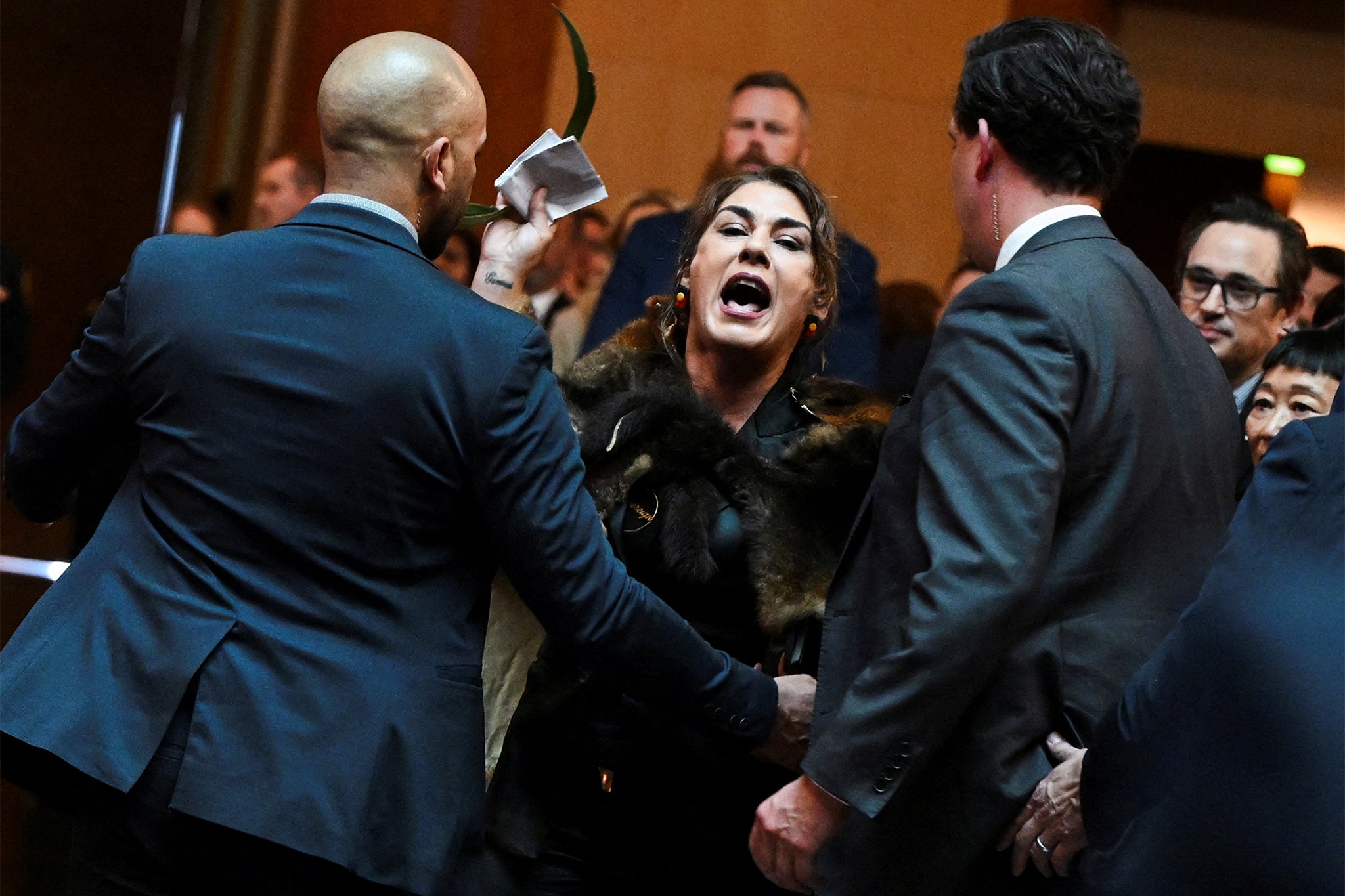King Charles recently found himself at the center of controversy during his visit to Australia, where he faced a direct protest from Aboriginal Australian senator Lidia Thorpe. This incident has sparked conversations about the UK's historical role in both the climate crisis and slavery. As Charles prepares for the upcoming Commonwealth summit, the pressure is mounting for the UK to address these pressing issues, particularly the demand for reparations.
As global leaders gather, the dialogue surrounding reparations will not only focus on historical injustices but also on the practical steps needed to address these issues in the present day. The world is watching how the monarchy will respond to these calls for justice.
Table of Contents
- Biography of King Charles
- Recent Events and Protests
- Calls for Reparations
- Upcoming Commonwealth Summit
- Final Thoughts
Biography of King Charles
King Charles III was born on November 14, 1948, at Buckingham Palace, London. As the eldest son of Queen Elizabeth II and Prince Philip, Duke of Edinburgh, he became heir apparent at the age of three. Throughout his life, Charles has been known for his dedication to various charitable causes and environmental advocacy.
| Detail | Information |
|---|---|
| Full Name | Charles Philip Arthur George |
| Date of Birth | November 14, 1948 |
| Parents | Queen Elizabeth II and Prince Philip |
| Education | Trinity College, Cambridge |
| Interests | Environmentalism, Architecture, and Traditional Arts |
Recent Events and Protests
During his recent tour in Australia, King Charles was met with protests aimed at highlighting the historical injustices faced by Indigenous peoples. Aboriginal senator Lidia Thorpe confronted the King, accusing the monarchy of genocide and demanding reparations for the injustices faced by her community.
This protest is part of a broader movement advocating for Indigenous rights and recognition. As political tensions rise, the monarchy's response to these calls will be closely scrutinized.
Calls for Reparations
The debate on reparations has gained momentum, particularly as the Commonwealth prepares to meet. Countries affected by colonialism and climate change are urging wealthier nations, particularly the UK, to take responsibility for their past actions.
Pressure is mounting for financial reparations, with estimates suggesting the UK may owe up to £200 billion for slavery and £6.2 trillion for climate-related damages by 2050. These figures reflect the ongoing impact of historical injustices on present-day communities.
Upcoming Commonwealth Summit
The Commonwealth heads of government meeting in Samoa is set to address these critical issues. Leaders from various nations will discuss climate change, reparations, and the role of the Commonwealth in fostering justice and equity.
King Charles's position at this summit is particularly significant, as it marks his first official meeting as monarch. His approach to these discussions may set the tone for future relations between the UK and Commonwealth nations.
Final Thoughts
The events unfolding in Australia and the upcoming Commonwealth summit reflect a pivotal moment in addressing historical injustices and climate change. King Charles's response to these issues could shape the future of the monarchy and its relationship with Commonwealth nations.
As conversations around reparations and accountability continue, it remains crucial for the UK to engage meaningfully with these pressing concerns. The world is watching closely, and the outcomes of these discussions could have lasting implications for generations to come.

Jason Oppenheim And Marie Lou Nurk: A Look Into Their Relationship And Breakup
Why Watching Movies And TV Shows With Subtitles Enhances Your Experience
The Crown: Peter Morgan's Future With The Royals After Six Seasons


